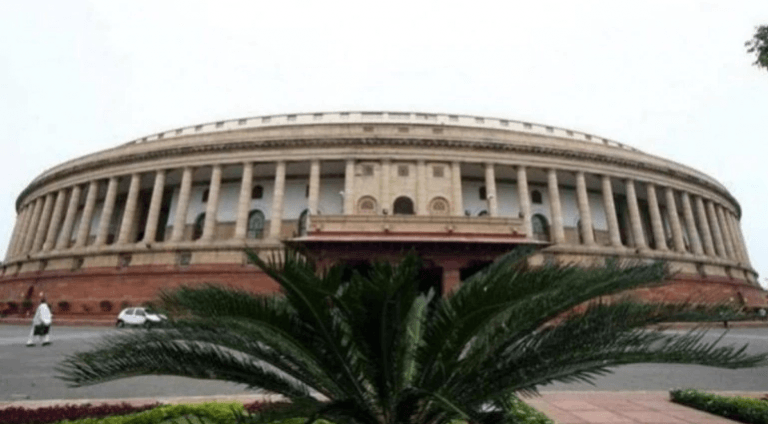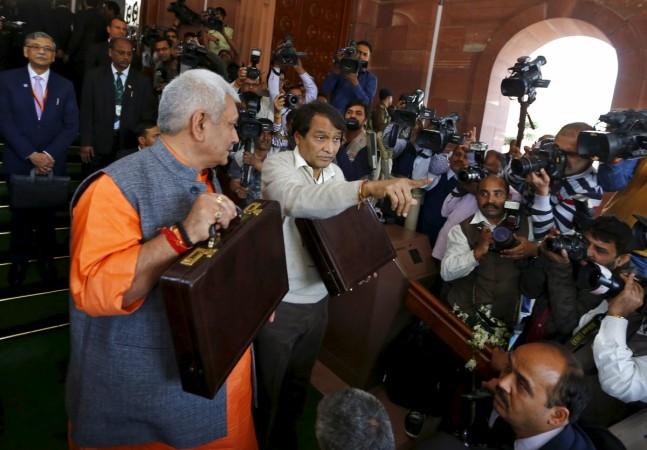Unlike the normal proceedings, and in the row by inking another record in the history of Parliament, the Lok Sabha on Thursday, 12 March, conducted its business till late at night in a marathon sitting that crossed 12 hours while concluding debate on the demands for grants under the control of the Ministry of Railways for 2020-21, skipping lunch as well as dinner breaks.
In the first of this year's record longest proceeding, the lower House sat till 11.57 — pm around six hours more to normal proceedings. Both the Houses of Parliament — the Lok Sabha and the Rajya Sabha -- normally work for seven hours each, from 11 am to 6 pm.

This is the third session of the 17th Lok Sabha in a row when the lower House registered a new record by concluding its business till late-night sitting, involving debate on a major issue that is linked to the common people.
The discussion was related to Indian Railways — the backbone of major transportation mode which ferry crores of people as well as goods from one state to another every day and link both poor and rich from all sections of the society belonging to all creed and caste irrespectively.
The debate
Nearly 90 members participated in the debate which began at 1.15 p.m. The MPs from all parties raised railway issues — including railway crossings (unmanned and manned), stations, trains and the late running of trains — put their demands and informed about the problems being faced by the people from their constituencies.
As the presence of MPs was very thin in both treasury as well as opposition benches, the members named as participants took part in the debate that is also called Rail Budget discussion.
Sources in the House told that this was not the first occasion when the House worked till late night. There were many other occasions in previous sessions of 17th Lok Sabha and others from the 1st to the 16th Lok Sabha when Lok Sabha worked late in the night.
History of the LS working late hours
Since the Independence, as per records available, the lower House worked several times till late hours -- sometimes till midnight and more than that too.
The first session of the 17th Lok Sabha worked more 73 hours and 14 minutes while the second session sat more 28 hours and 43 minutes to complete its business in late-night proceedings under the observation of Speaker Om Birla.
On December 9 last year, the Lok Sabha also burnt late-night oil to pass the Citizenship (Amendment), Bill. The Lok Sabha on July 16 last year conducted its business till 11.59 p.m. to conclude the discussion on demands for grants for the Agriculture and Rural Development Ministry.
That was the second time in less than a week when the lower House conducted business late in the night to conclude a debate.
On July 11 last year, the house had also worked till 11.58 p.m. to conclude debate on the Railway Ministry. In the 16th Lok Sabha, the House held 17 sessions and worked more 281 hours in late-night proceedings.

The fourth session of the 16th Lok Sabha held a maximum of 55 hours and 44 minutes late sittings.
The Lok Sabha had registered highest record on July 25, 1996, when discussion on demands for grants on Railways that began on the day after the lunch and ended on July 26, 1996, at 7.17 am.
Ram Vilas Paswan, the senior Bihar-based politician from Lok Janshakti Party and the current Cabinet Minister of Consumer Affairs, Food and Public Distribution, was the Railway Minister at that time.









